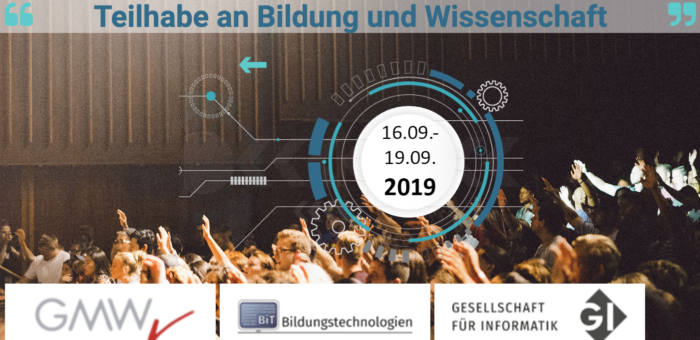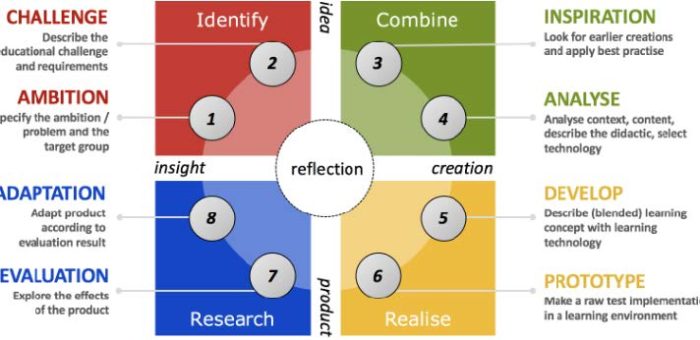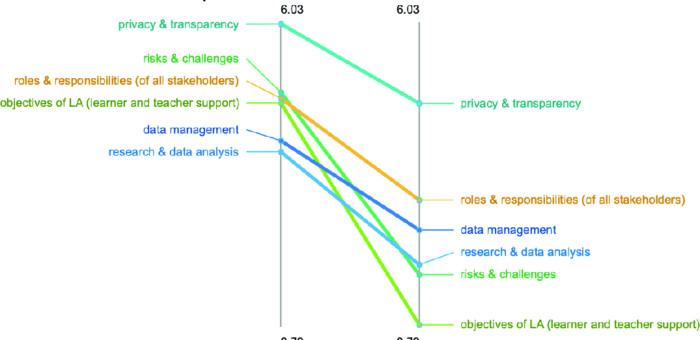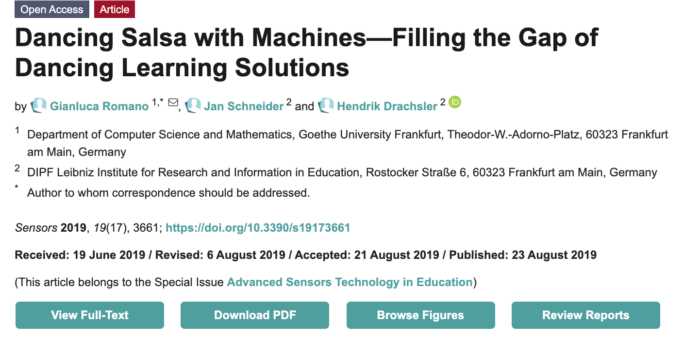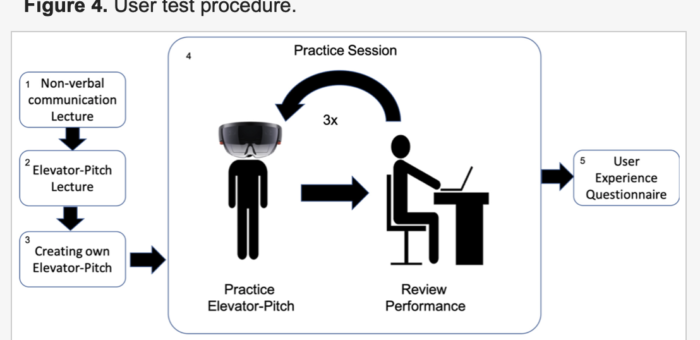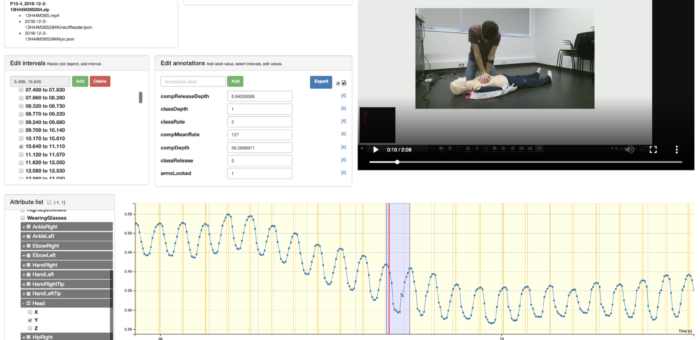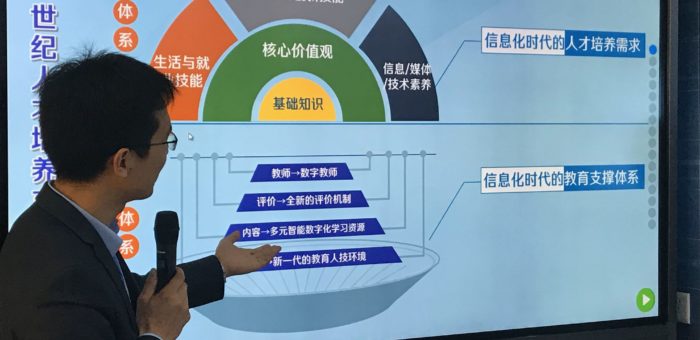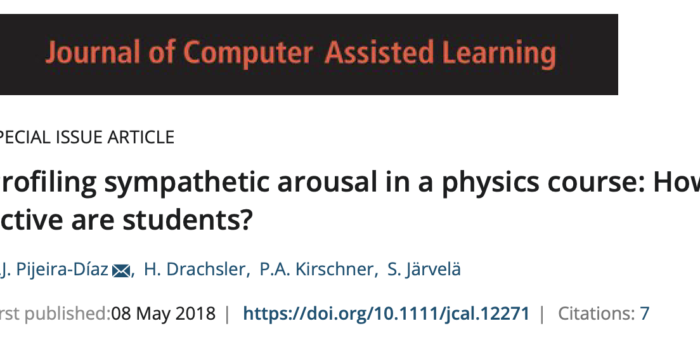
EC-TEL 2019
Also at the 14th "European Conference on Technology Enhanced Learning" from 16th to 19th September in Delft, Netherlands, the team from Educational Technologies and the Information Centre Education was involved with several contributions on the topic: "Transforming Learning with Meaningful Technologies". Two articles were presented: Scheffel, M., Tsai, Y., Gaševic, D., Drachsler, H. (2019). Policy matters: Expert recommendations for learning analytics policy«. 14th European Conference on Technology Enhanced Learning, EC-TEL 2019, Delft, 16-19 September 2019, Proceedings (Lecture Notes in Computer Science). Cham: Springer. Scheffel, M., van Limbeek, E., Joppe, D., van Hooijdonk, J., Kockelkoren, C., Schmitz, M., Ebus, P., Sloep, P. & Drachsler, H. (2019). The means to a blend: A practical model for the redesign of face-to-face education to blended learning. 14th European Conference on Technology Enhanced Learning, EC-TEL…

